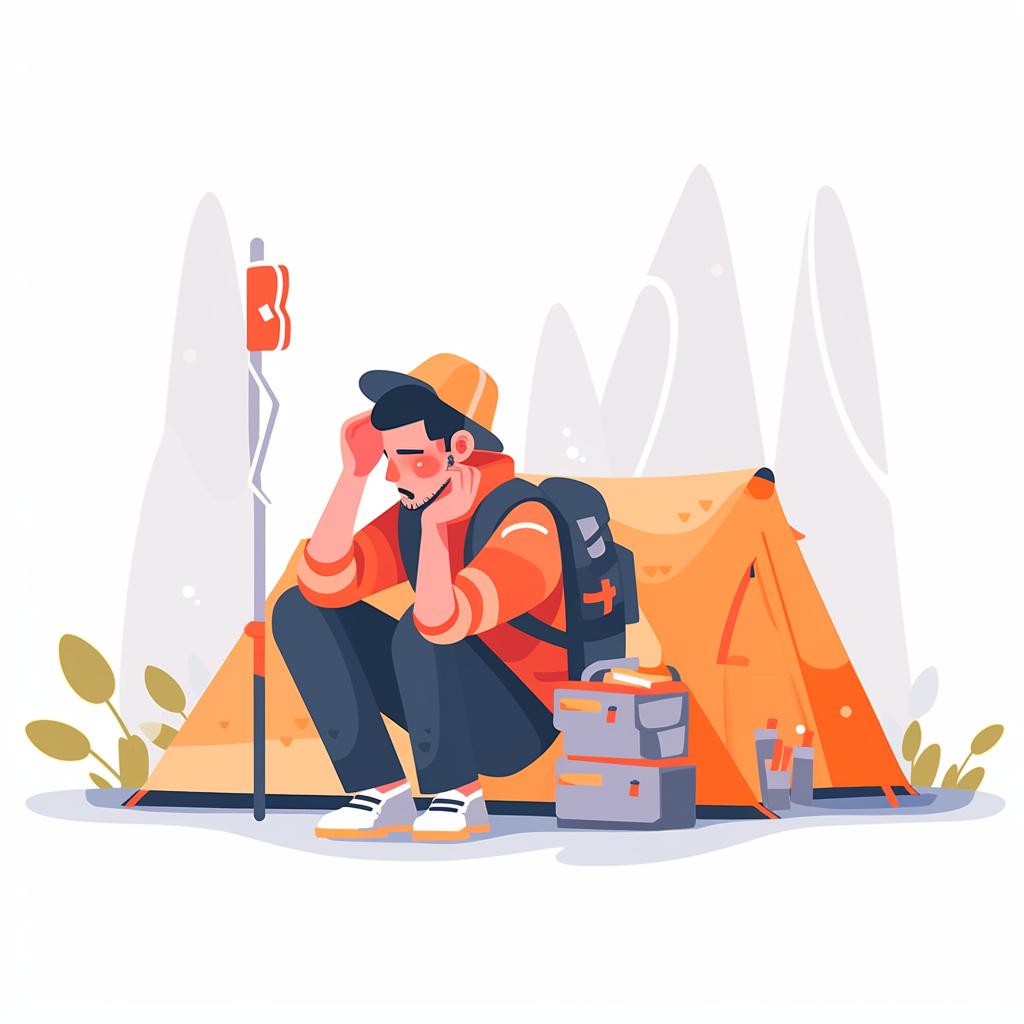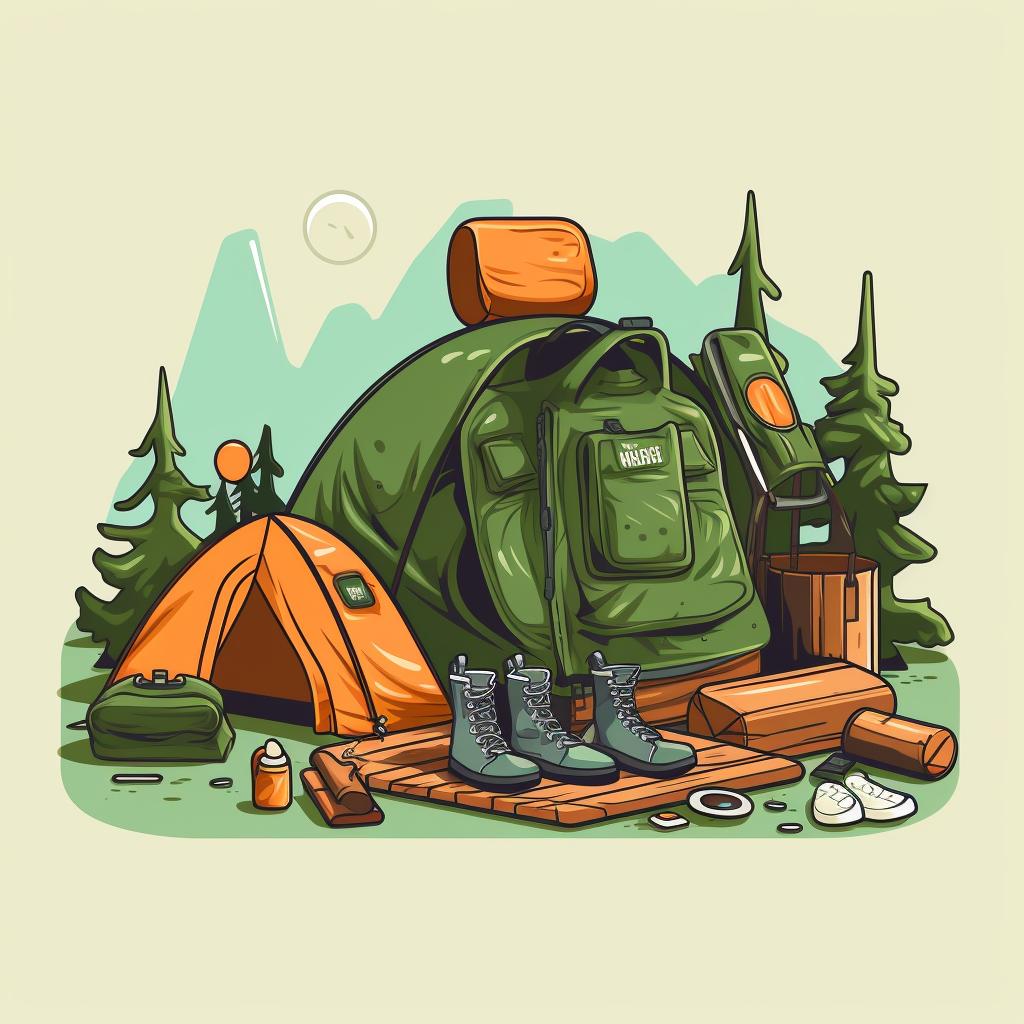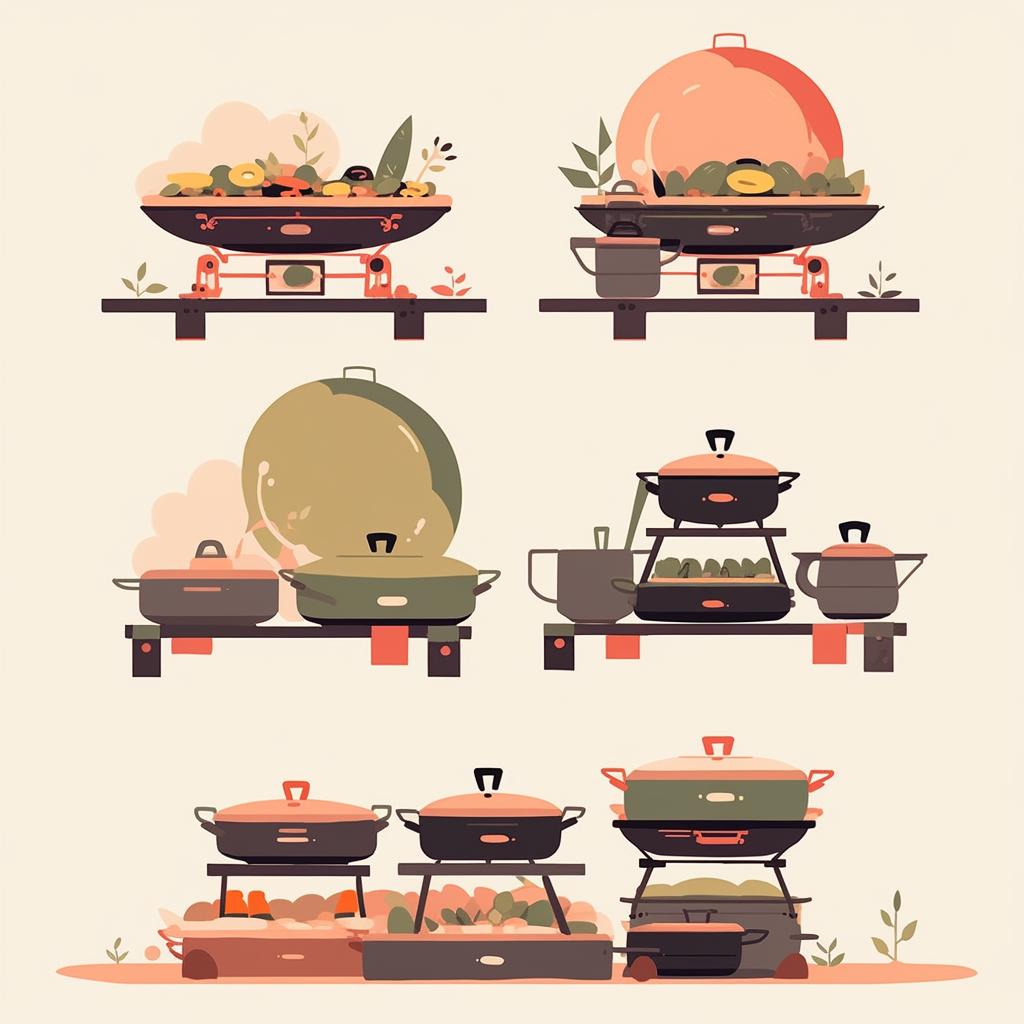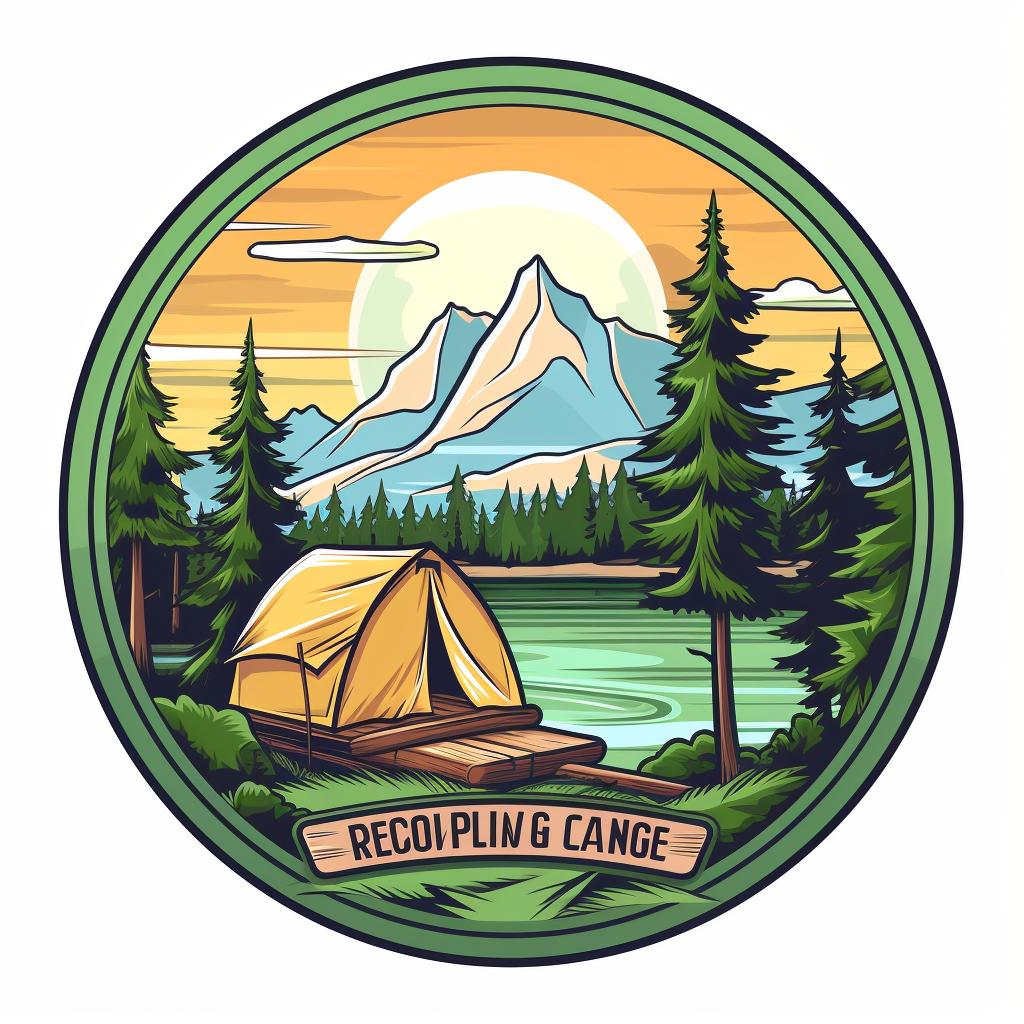🌿 Choosing the Best Eco-friendly Backpacking Cooking Gear 🍳
Are you planning your next backpacking adventure? One of the most important aspects of a successful trip is having the right cooking gear. At Chef Camper, we understand the importance of choosing eco-friendly backpacking cooking gear that meets your specific needs. In this guide, we will walk you through the steps to help you make the best choices for your outdoor cooking experience.
Step 1: Identify Your Needs
Before you start shopping for cooking gear, it's important to identify your specific needs. Consider factors such as the number of people you'll be cooking for, the type of food you'll be preparing, and the conditions you'll be camping in. This will help you determine the type of cooking gear that will work best for you.
Step 2: Look for Sustainable Materials
When choosing your backpacking cooking gear, opt for products made from sustainable or recycled materials. Bamboo, recycled metal, and biodegradable materials are great options to consider. Avoid plastic as much as possible, as it is harmful to the environment.
Step 3: Consider Durability and Longevity
Investing in durable and long-lasting cooking gear not only reduces waste but also saves you money in the long run. Look for products that are built to withstand the rigors of outdoor cooking and can withstand frequent use.
Step 4: Opt for Light and Compact Gear
Backpackers know the importance of carrying light and compact gear. Choose cooking gear that is lightweight and easy to pack. This will make your backpacking experience much more enjoyable and convenient.
Step 5: Choose Low Impact Gear
Reducing your environmental impact is crucial when backpacking. Opt for low impact gear that leaves the smallest footprint possible. Solar-powered stoves and biodegradable pots and pans are excellent choices that minimize your impact on the environment.
Step 6: Consider the Source
Support companies that are committed to sustainability and ethical manufacturing practices. Look for certifications and labels that indicate the product is eco-friendly. By choosing products from responsible companies, you can feel good about your purchase and its impact on the environment.
At Chef Camper, we believe that choosing the right backpacking cooking gear is essential for a successful outdoor adventure. By following these steps and considering your specific needs, you can make informed decisions that align with your eco-friendly values. Happy cooking and happy camping!



















